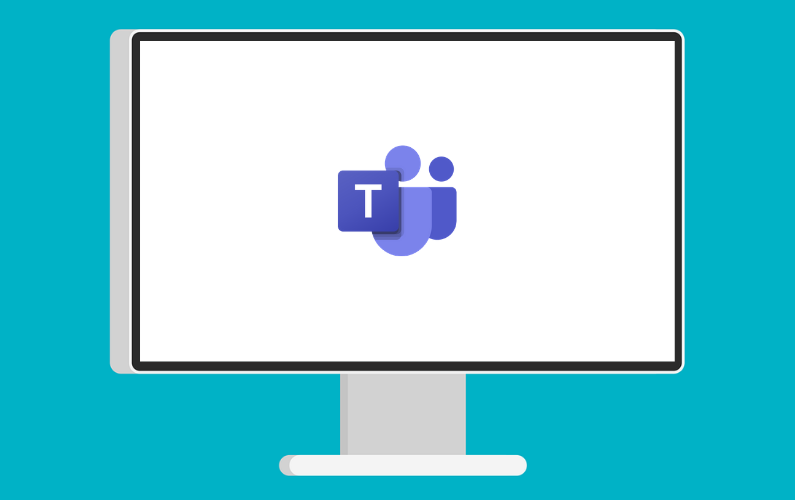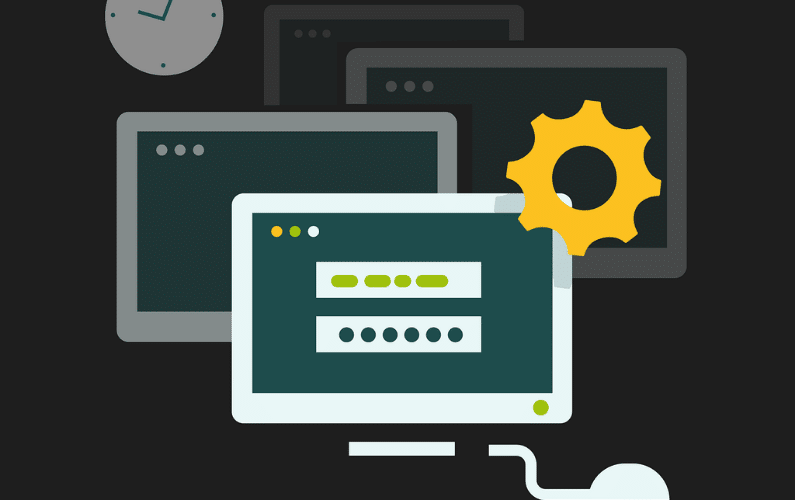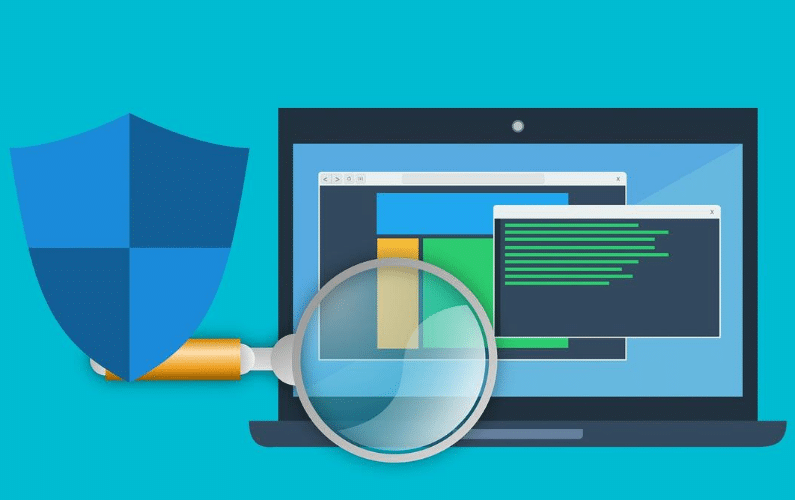Technology is constantly changing, and as it shifts and improves to provide you and your business with greater benefits and opportunities, hackers are shifting and improving their tactics to steal whatever they can from you using technology. If your business experiences a security breach, bad actors can access sensitive financial information like your bank account info or the bank account info of your customers. When they gain access to sensitive financial data, theft is likely.
If your business experiences a security breach, you risk losing your finances, your customer's finances, and their future business due to a loss of trust. When it comes time to update your business's software security, there are some crucial factors to consider, which we'll explore here.
For more information and to ensure that your business is safe and secure against current threats, reach out to an IT and software services professional. Read on to learn more about updating your software security for your company.
Types of Cybersecurity Threats
Hackers and bad actors on the internet are constantly developing and evolving the techniques they use to steal from you and your business. Security breaches can take many forms, but common cybersecurity threats involve phishing and identity theft.
Regarding phishing, you might receive offers from potential customers or vendors that seem legitimate but require that you provide certain information. Phishing attacks can take the form of multiple fake messages from various parties that all collect different information that, when put together, can help the hacker gain access to your systems.
When hackers access your system, whether through a phishing attempt or another method, they gain access to your company's information. This includes your company's financial data and that of your customers.
Using your data, hackers can send fake invoices to your customers or duplicate invoices that redirect payment to their accounts. They might use customer data to steal finances from your customer accounts by making unauthorized charges. They might also sell your customer information to others who plan to engage in identity theft.
Compromise of business email is another common type of cyberattack. A threat actor or hacker intercepts communications between your company and a customer or vendor using this method. From there, the threat actor injects their banking information into the exchange, impersonating the party requesting funds, so the money redirects to their accounts.
Ransomware attacks are when threat actors encrypt your data, making it so that you cannot access it, then they demand payment to decrypt your data. This kind of situation happens when a threatening actor or hacker gains unauthorized access to your systems and, from there, takes complete control. At this point, they can steal your financial information, take it from your customers, or freeze all of your data and hold it hostage until you pay a ransom.
The potential loss of business resources and customer trust that cybersecurity threats entail demonstrates the importance of keeping your cybersecurity software both up to date and well-integrated into your systems to provide the best possible protection.
Indicators of a Cybersecurity Incident
Keeping your business's software security up-to-date ensures that you have protection against the most up-to-date threats.
While you might not know immediately when a system compromise occurs, common indicators include:
- Multiple failed login attempts (known as a brute force attack in which the hackers try and test as many passwords as possible to gain improper access to your system)
- Unauthorized email forwarding rules
- You cannot open specific files
- Abnormal behavior in your information systems
- Suspicious or unexpected transfers of funds
- Suspicious or unexpected vendor account change requests
- Complaints from multiple customers about duplicate invoices
- An increased quantity and quality of phishing attempts
If you think your business experienced a cybersecurity incident, reach out to professionals to assess the threat, address any related damage, and implement safeguards against further intrusion or theft.
Do Not Purchase a New and Unknown Software Security Program
We understand that the price of some software security solutions like Norton can seem relatively high and can be another monthly cost amongst the many that your business must cover. As monthly expenses start adding up, you may seek less costly alternatives. While this seems like an intelligent decision in many cases, reputation is important when it comes to software security programs.
Purchasing a lesser-known, potentially cheaper software security program can instead pose a direct risk to your company’s cybersecurity. Hackers know that business and personal users of computers alike have a desire to protect their information online and also save money. Recognizing this, some hackers create malware programs they design to break into your system and steal your sensitive information. They market and sell this malware as cheap software security programs.
Like criminals who have worked for locksmith businesses, keeping copies of keys for later break-ins, hackers can use the same concept and mask their malware as software security programs. Only purchase trusted software security programs. While some are cheaper and more cost-effective, others present risks. With decades of combined experience serving the needs of businesses like yours, IT specialists know which software solutions to consider and which to avoid.
Connect With IT Professionals to Support Your Business's Security Now!

Maintaining the goodwill of your customers will help to support the ongoing success of your business, and one of the quickest ways to lose consumer goodwill is to allow their personal information and potentially their money to be stolen. Companies can experience public relations nightmares when data breaches happen, and their bottom lines might never recover. Avoiding this ahead of time is the best thing to do.
Securing the data of your business and your customers helps to ensure the ongoing success of your business. IT specialists are standing by to provide you with the guidance you need, so contact a local expert today.


